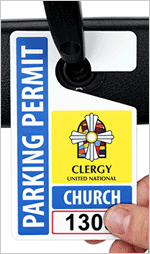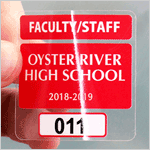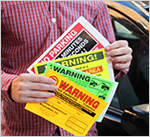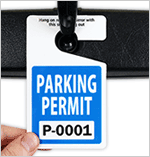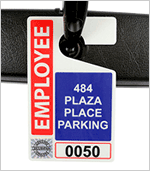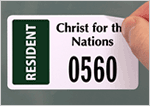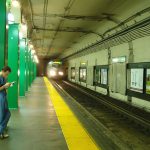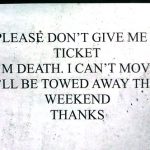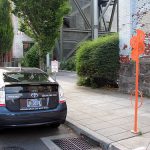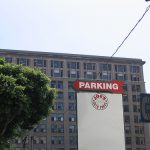Tech billionaire and Republican Party push pro-car initiative in SF
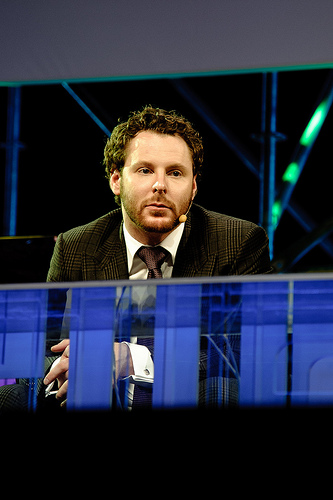
Sean Parker worries about where he’s going to stash his Tesla. From LeWeb13.
A rallying cry has gone out for drivers of privately owned cars in San Francisco: Support the Restore Transportation Balance initiative and stop paying for parking on holidays, Sundays, and after standard business hours. Proponents can also look forward to:
- Being able to decide whether new parking meters or dynamic pricing can be introduced in their neighborhoods;
- A dedicated fund for parking garages built and maintained by the San Francisco Municipal Transit Agency (SFMTA);
- Representatives for motorists being included on the SFMTA board.
Those are just some of the proposed changes included in the Restore Transportation Balance initiative that voters will consider in November.
Sean Parker, tech billionaire behind Napster and Facebook, donated $49,000 to bring the effort before voters; the Republican Party contributed another $10,000. The funds helped the Restore Transportation Balance (RTB) group collect the 9,702 signatures needed to include the measure in the fall election. Indeed, the group gathered 17,500 signatures—almost twice the required number and a figure Jason Clark, RTB’s leader and vice president of the Log Cabin Club of San Francisco, finds telling.
“People are getting fed up that a ‘transit first’ policy means making people who use a car so miserable that they have to use other, less desirable options,” he said.
It was group members’ frustration with the city’s decision to impose parking meter fees on Sundays that caused RTB’s formation. Although the regulation has since been rescinded, Clark believes it’s important to act. “The city has been crushing people who choose to drive,” he said. “Since 2009, parking fines have gone up 40 percent.”
While some question Clark’s number-crunching, other facts and distinctions aren’t up for debate. For instance, all the public parking spaces that San Francisco has built since the 1990s have been dedicated to cyclists, and its SFPark app, which brings the city’s demand-responsive pricing to smartphone users, has won numerous awards, including the 2012 Living Labs Global Award.
“Over the last ten years, San Francisco’s moved in a really progressive direction in terms of transit prioritization, parking reform, and bicycling,” said Gabriel Metcalf, executive director of SPUR, a San Francisco-based urban policy think tank.
At the same time, San Francisco has the unenviable title of second most congested city in the country, according to the annual TomTom traffic survey. The city has also welcomed numerous startups, such as CARMAnation, Lyft, and ParkModo, geared towards solving parking and transportation issues, which may say as much about Silicon Valley as it does about unmet consumer need.
Still, Metcalf says that RTB’s car-centric proposal undermines the local government’s environmental and community goals, which are closely aligned with its transportation policy. The measure, he says, “make the city hostile to walking, which, along with transit accessibility, are the hallmarks of successful urban places.”
Although RTB’s initiative may upset him, Metcalf and likeminded advocates are more concerned about $500 million bond measure that will be on the same ballot. The measure proposes to spend funds for upgrading bus service, local subway stations, and pedestrian crosswalks, as well as adding 27 miles of bike lanes and paths to the existing system.
“We have the opportunity to take a major step forward,” he told the media. “It’s part of a vision for revitalizing our transportation system.”
Related Posts
Category: Municipal, Parking management

